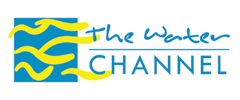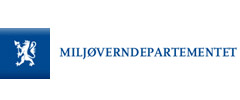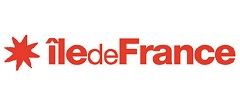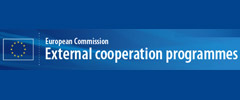WECF joins Gender+E3, an informal working group in the European Parliament to discuss gender and environmental issues
Group will connect MEP’s to NGO’s in order to advance in matters concerning gender, ecology and sustainable development
| WECF
| Countries: | European Union |
| Partners: | NGOs and MEPs working on Gender & Sustainable Development |
| Issues: | Gender & Rights; Climate & Energy; Water & Sanitation; Food & Biodiversity; Chemicals & Health |
| Duration: | 11/2013 - 12/2015 |

WECF has joined Gender+E3, an informal working group in the European Parliament, composed of MEP’s and NGO’s. The three E’s in the group’s name stand for quality, ecology and economy. The group thus aims to work for socially, ecologically, and economically sustainable policies within and outside the European sphere.
Gender+E3 will promote debates on global challenges such as climate change and inequality. This will be done in at least three seminars and workshops, whose themes are yet to be agreed upon. The next seminars are scheduled for the fall.
Related News
Getting to the Future We Want
4-7 November, Brussels: European Environmental Bureau’s (EEB) Annual Conference
12.11.2018
WECF's Anke Stock: Gender mainstreaming is beneficial for the environment
Involving women in local projects triggers innovative solutions
18.04.2014
Include gender mainstreaming in EU - article by the Working Group Gender +E3
Generally the EU is good at including gender mainstreaming or demanding an equal number of seats for women in decision making groups when it comes to climate change. However, the ambition doesn´t seem to stretch further than developing policies and third countries, and is not reflected inside EU itself.
12.11.2013 | GenderCC in cooperaion with GenderE3
MEPs and NGOs issue call for UN to recognise gender, economy and ecology perspectives
A group of MEPs and NGOs have issued a call for gender, economy and ecology perspectives to be included in the UN’s new sustainable development goals (SDGs).
16.10.2013 | Parliament Magazine
WECF joins Gender+E3, an informal working group in the European Parliament to discuss gender and environmental issues
Group will connect MEP’s to NGO’s in order to advance in matters concerning gender, ecology and sustainable development
11.07.2013 | WECF
The group will work to get its message across different forums and committees in the parliament, as well as trying to get its perspectives inserted in Commission directives and initiative reports. The participant NGO’s will also inform MEPs about gender and environmental conferences, actions and campaigns, building a bridge between the parliament and the civil society. The organizations have also committed to writing articles that connect their core issues to the work currently being done in the parliament.

































